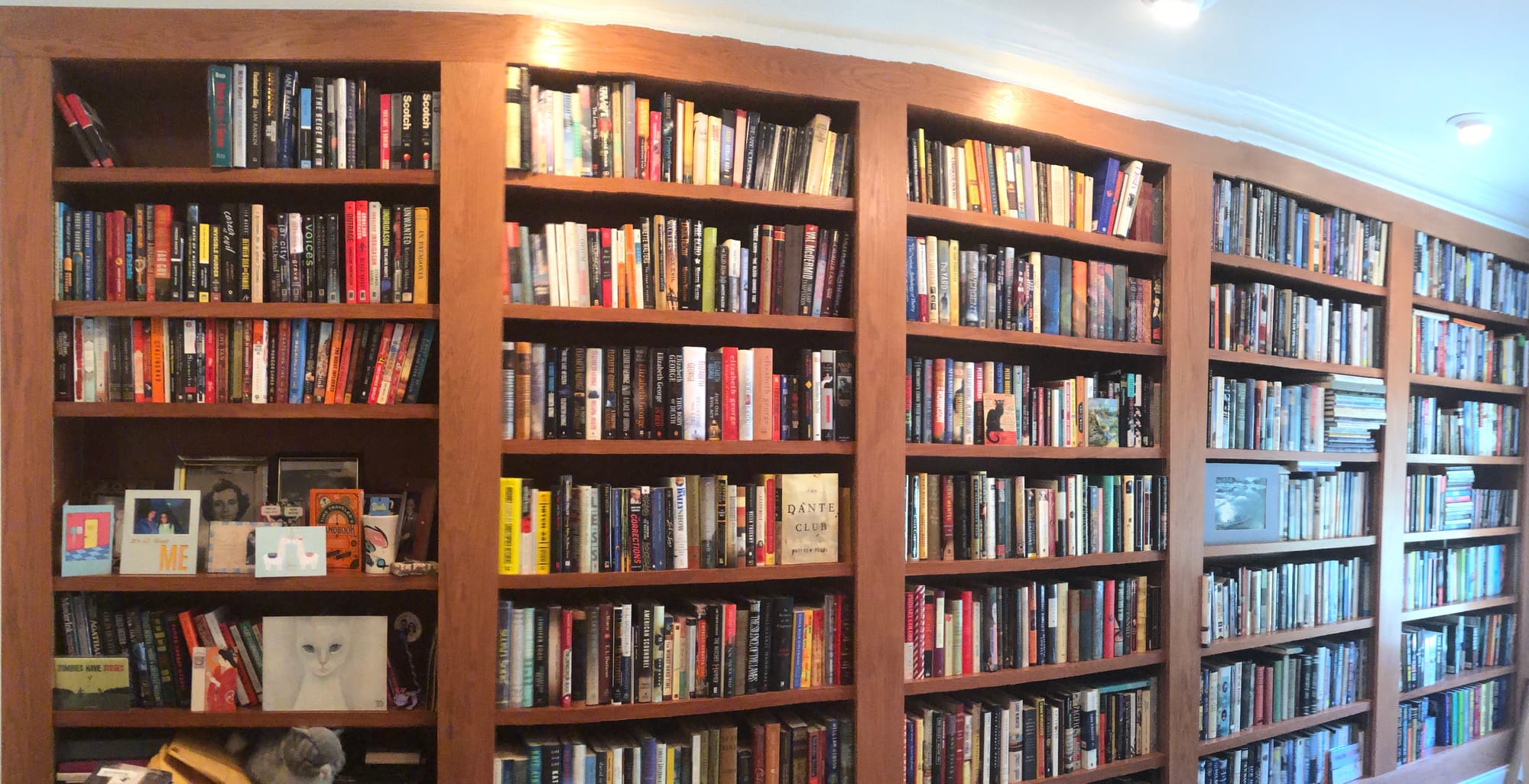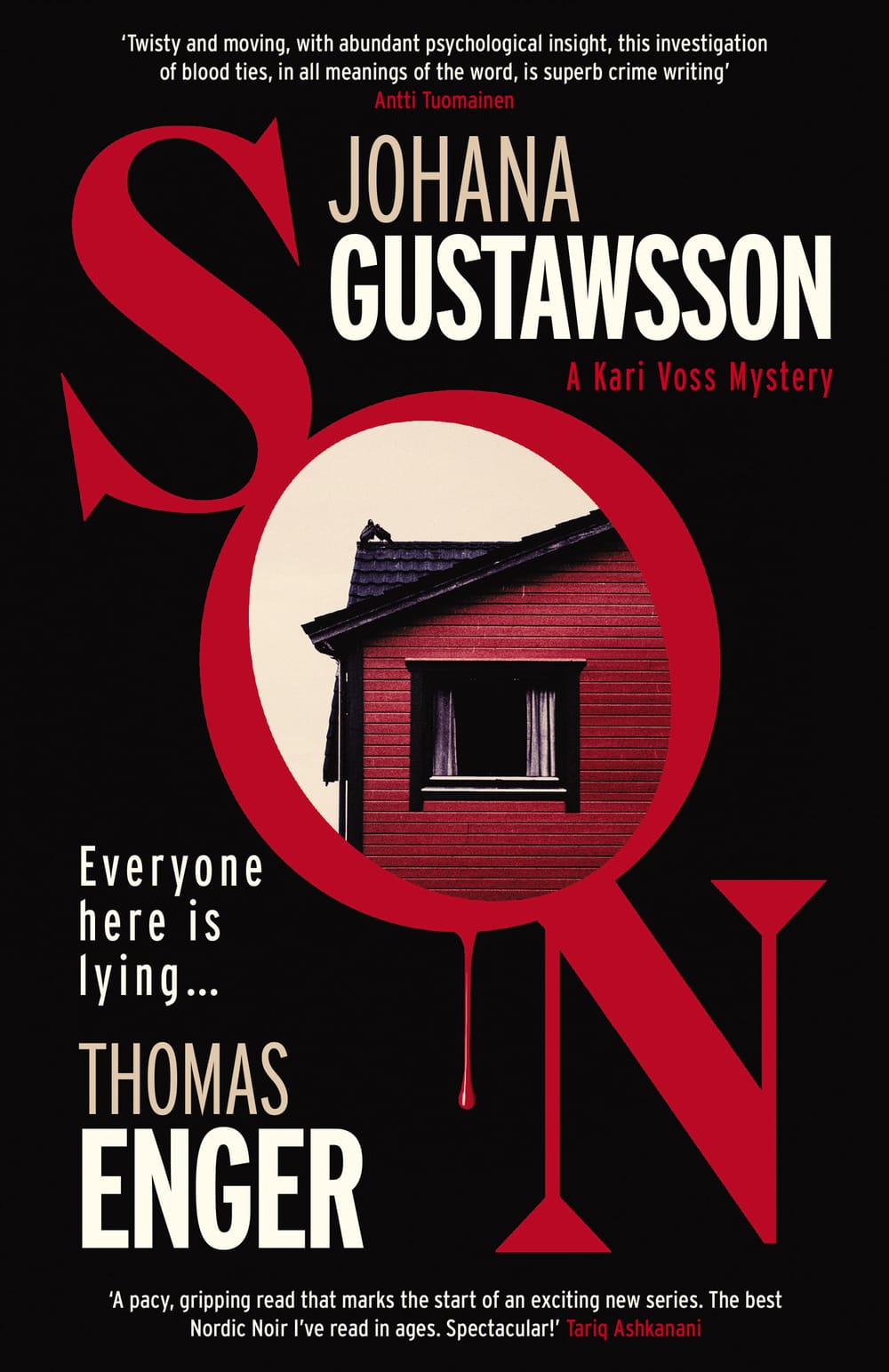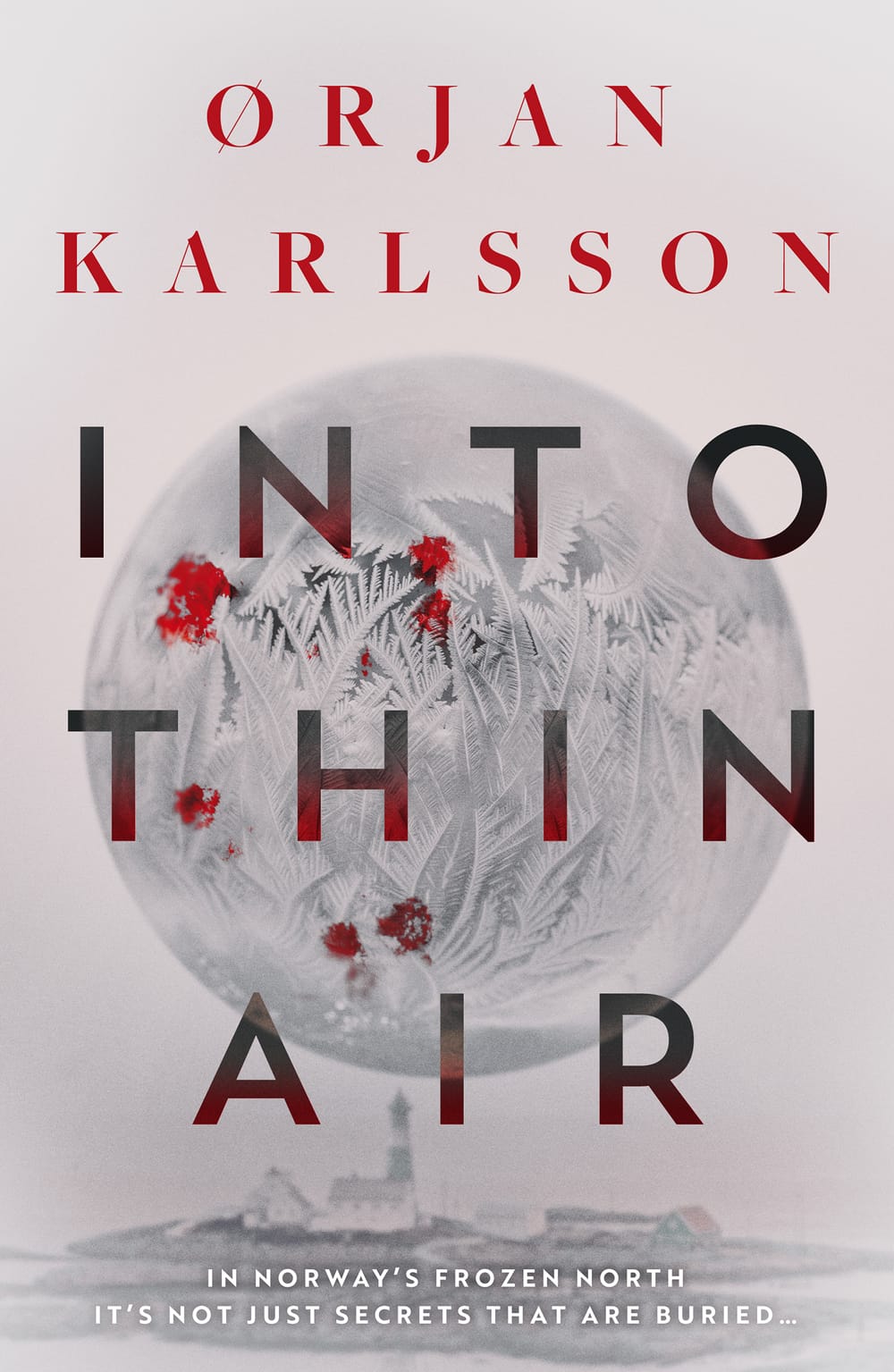
I was pulled into Icelandic mystery “Deceit” the minute I saw the cover, which I discovered upon reading how cleverly it reflected the story.

“Deceit” by Jónína Leósdóttir is published by Corylus Books. She’s an Icelandic author and playwright who has written twenty books, fiction and non-fiction, many short stories and plays for radio and television. In 2016 Jónína ‘turned to crime’ with a five-book series about amateur sleuth Edda. “Deceit” was published in English in autumn 2022 and is translated into English by Sylvia Bates and Quentin Bates, a wonderful mystery author in his own right.

“Deceit’s” themes are the complexity and consequences of family dynamics. The protagonists are Reyjavik detective Soffia and Adam, her British-born psychologist ex-husband. He’s got a dark secret and an almost crippling fear of COVID. Soffia has a unique ability to get under Adam’s skin because of how well she knows him but needs his skills to help her solve the mystery. Since the story takes place during the pandemic, the investigative process is almost unbearable for Adam.
Adam ended the call without a word. Soffía hadn’t called to
ask if she could come, but to announce that she was coming.
There were good reasons why his parents referred to their
former daughter-in-law as the Bulldozer. This elaborately
courteous middle-class English couple had never taken to the
confident, straight-talking woman who had captivated their
only son.
Introduced as victims of malicious attacks, five siblings, (children of the same father but three different mothers), hold the keys to the mystery in their current relationships and unhappy childhoods . The story begins with Arngunnur Andersen, owner of a small health foods store in which Adam shops. Broken sewing needles have been found in fruit sold at the store. Gradually, similar malicious acts are committed and the links between the victims are revealed. Who holds a grudge against these five siblings and half-siblings strong enough to want to hurt them? Soffia wants evidence; Adam wants to understand why this family has been singled out in his belief that in the answer lies the identity of the perpetrator. I love this interchange between Adam and Soffia as they get to know the family better:
“If you were stuck in a lift with one of these siblings,” Soffía made quote marks with her fingers,
“who would you prefer to be stuck with?” “For how long?” Adam asked in return.
She popped some chocolate-covered liquorice in her mouth and thought about it.
“Two hours. And there’s no light in the elevator.”
“Probably Emil. He could tell me about Greece. Or maybe Arngunnur, I’m sure there’s a lot she could say.”
“Not Sesselja and her legs-up-to-here?”
Simultaneously, Adam becomes involved with another family; a father who needs his counsel on how to help his adopted daughter. She has just been diagnosed with a fatal disease and is bitterly determined to find and punish her biological father, who she holds responsible for her diagnosis. Leósdóttir skillfully weaves the two threads of these stories together while revealing the secrets that Adam and the family have long concealed.
Soffia is not a very likeable character, but we are seeing her through Adam’s eyes. She’s rude, abrupt and teases him mercilessly about his COVID fears. However, they both care deeply about their daughter, and as we learn more about Adam we begin to understand the dynamics of their relationship and the reason for their divorce.
This famous quote from the opening of “Anna Karenina” has become a cliché, but it aptly encapsulates the themes of this new mystery: “All happy families are alike; each unhappy family is unhappy in its own way.” The solution to the mystery lies in the roots of both families and is both a satisfying and tragic ending. Another great addition to the Nordic mystery genre!





